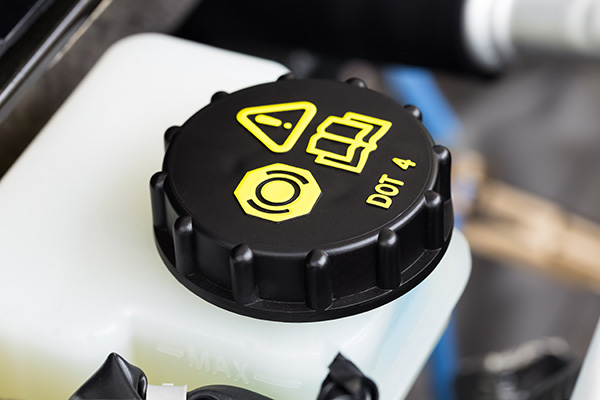
Most drivers know when it’s time for an oil change or new tires—but brake fluid? That often flies under the radar. Unlike parts you can see or hear when they go bad, brake fluid quietly degrades over time, and when it does, your car's braking performance can take a serious hit.
So the question is: does brake fluid really go bad just sitting in the reservoir? The answer is yes—and failing to replace it at the right time can leave your vehicle with spongy brakes, corrosion inside the system, or even total brake failure under pressure. Let’s explore why that happens and what you can do about it.
Why Brake Fluid Doesn’t Last Forever
Brake fluid is designed to withstand high temperatures and deliver consistent pressure to your brake calipers. It’s what allows your foot on the pedal to actually stop the car. But over time, even sealed systems let in small amounts of moisture from the air. Brake fluid is hygroscopic, which means it absorbs water naturally.
That moisture breaks down the fluid's effectiveness. As water content increases, the fluid’s boiling point drops. This becomes a problem when your brakes heat up—like during hard stops or downhill driving. If the fluid gets hot enough to boil, it turns into vapor, and vapor doesn’t transmit pressure. That’s when you get a soft or sinking pedal, or worse—brake fade.
The Hidden Corrosion Problem
Moisture in brake fluid doesn't just cause performance issues—it also leads to rust. Once water gets into the system, it can corrode metal parts like the master cylinder, calipers, and ABS components. These parts aren’t cheap to replace.
Corrosion can also clog tiny passages in the brake system, leading to uneven braking or complete blockages. This isn’t something you’ll necessarily notice right away, which is what makes it so dangerous. By the time you feel a problem in your brake pedal, internal damage may already be happening.
Signs The Brake Fluid Needs to Be Replaced
It’s not always obvious when brake fluid has gone bad, but there are some warning signs to watch for:
- The brake pedal feels spongy or soft
- You notice longer stopping distances
- Your ABS warning light comes on
- The fluid in the reservoir looks dark, cloudy, or dirty
If your brake fluid is dark brown or black, it’s long past due for replacement. New brake fluid is usually light yellow or clear, depending on the type.
How Often Should You Change It
There’s no one-size-fits-all rule, but most manufacturers recommend a brake fluid flush every 2 to 3 years—or about every 30,000 miles, depending on how you drive. Some high-performance or European vehicles have more specific intervals, so it’s always best to check your owner’s manual.
If your vehicle has an electronic brake system (like ABS or ESC), keeping the fluid clean is even more important. Contaminated fluid can cause system malfunctions or damage expensive control modules.
Brake Fluid Replacement
A proper brake fluid service involves removing the old fluid from all four wheels and replacing it with fresh, manufacturer-approved fluid. This process is called bleeding or flushing the brakes, and it ensures that air bubbles and moisture are removed completely.
It’s not just about topping off the reservoir. A full fluid flush ensures that the entire system gets clean, fresh fluid so that every press of the pedal delivers consistent, safe stopping power.
We use vacuum and pressure bleeding tools to do the job correctly. It’s a relatively quick service, but one that can make a huge difference in safety and long-term vehicle health.
Wondering when your last brake fluid change was? Let Precision Import Repair in Hillsboro, OR, take a look. We’ll inspect your fluid, check your brake system, and perform a full flush if needed to make sure your vehicle stops safely when it counts.